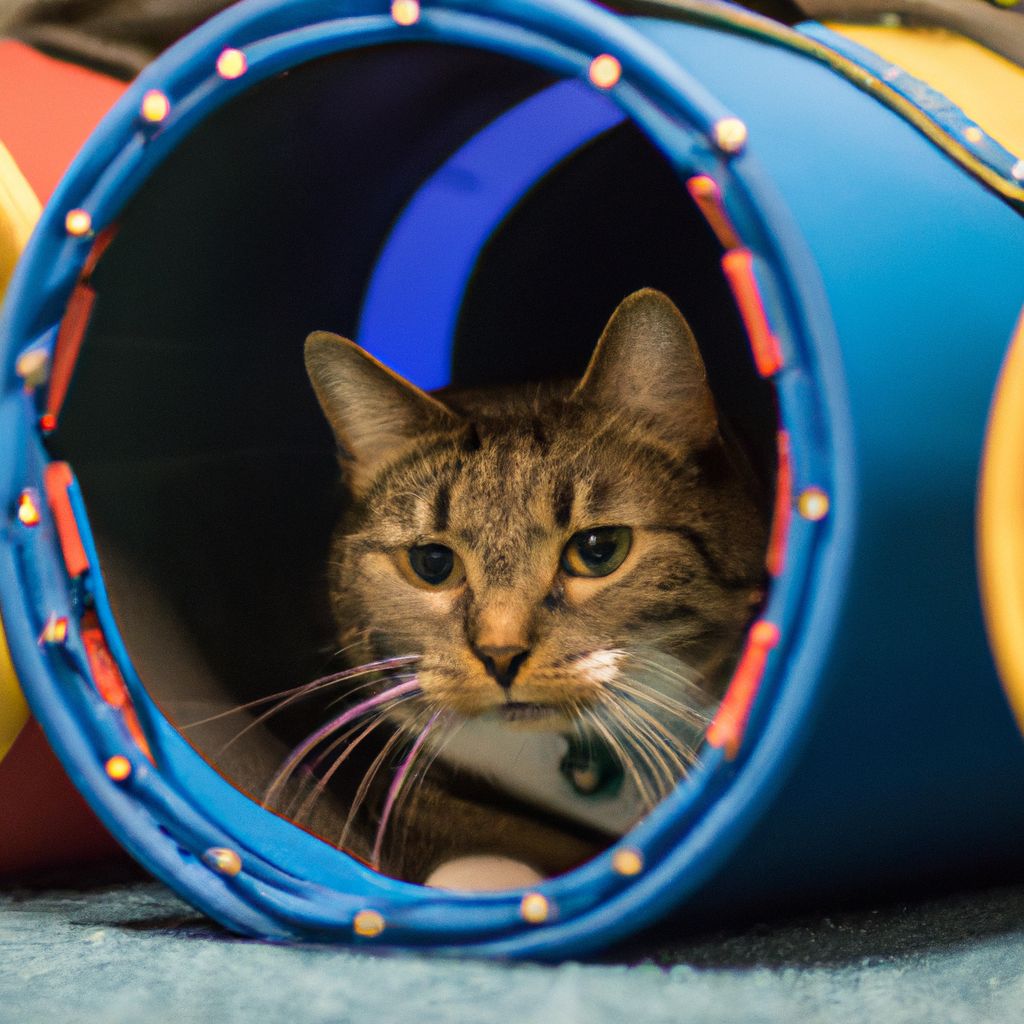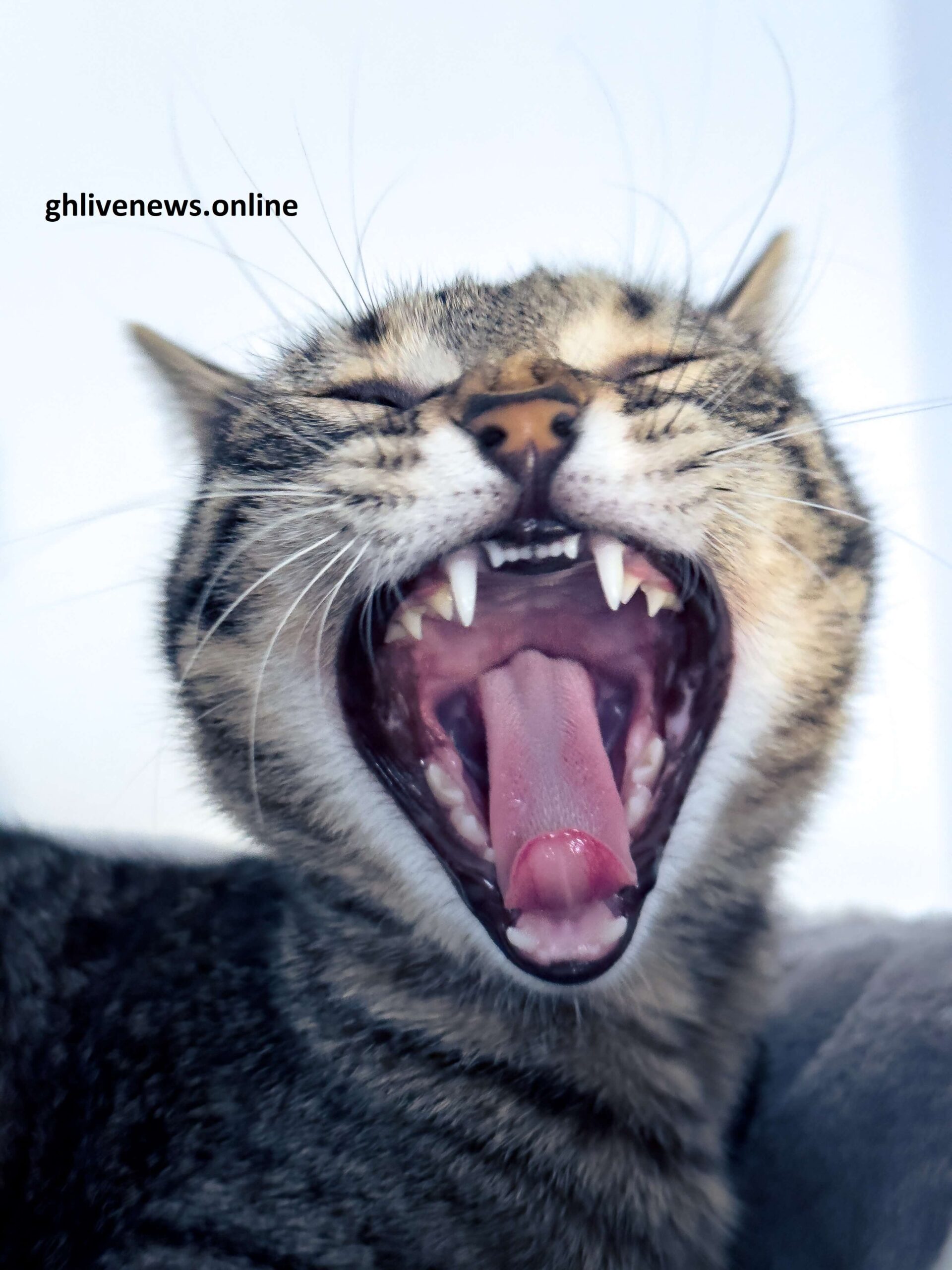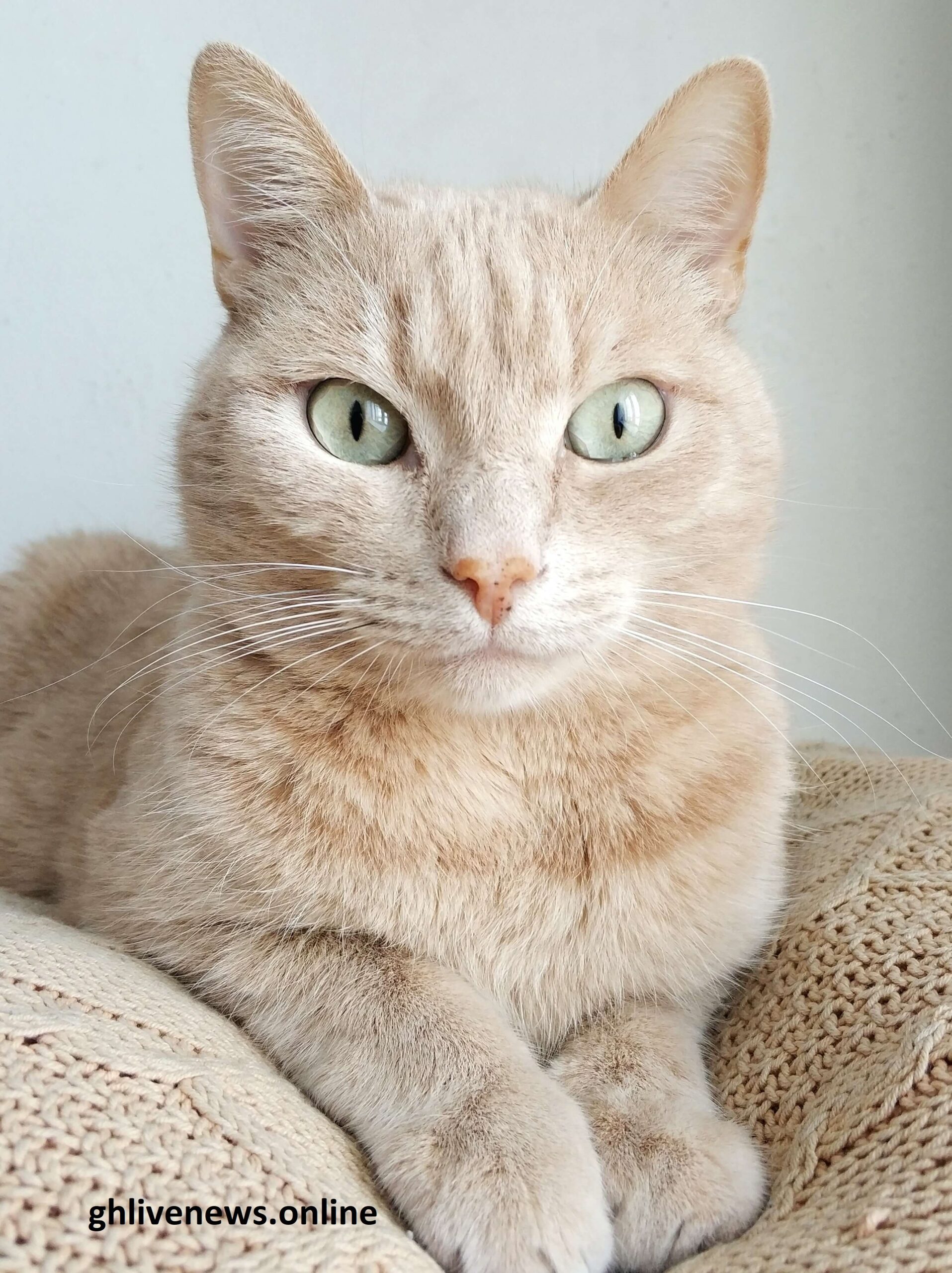.jpg)
Introduction: The importance of caring for your cat’s health
Caring for your cat’s health is essential. Vaccinations and preventive care help your feline stay happy and healthy. Keeping them up-to-date on shots guards against life-threatening illnesses. Early detection from a vet can raise the success rate of treatments.
In addition to vaccinations, preventive care is key. A balanced diet keeps their nutrition needs in check and regular exercise helps avoid obesity and strengthens their muscles. Grooming maintains their skin and fur, which prevents skin problems.
Be aware of common health issues cats can experience like dental issues and urinary tract infections. Regular brushing with cat toothpaste and dental treats can help keep teeth clean. Clean litter boxes and plenty of fresh water can stave off UTIs.
Vaccinations for your cat
Vaccinating your cat is important for their health! Core vaccines like rabies and feline distemper can protect against dangerous diseases. Your vet can recommend non-core vaccines as well. Make sure to follow your vet’s schedule when it comes to vaccinations! Some may need annual boosters, some may last for several years. Keeping track of your cat’s vaccine history can help you stay up-to-date. Regular check-ups are also key – this way, any underlying health issues can be caught early. Taking these steps will protect your cat and ensure their long-term well-being. Preventive care is essential – nothing says “I love you” like annual vet visits and hairball medicine!
Preventive care for your cat
Got your vet on speed dial? It’s important to look out for common health issues that could appear in cats. Here are some preventive measures to help keep your furry companion safe and healthy:
- Regular Vaccinations: Make sure your cat gets all the necessary shots recommended by your vet. This helps protect against infectious diseases!
- Dental Health: Brush your cat’s teeth regularly and take it for dental check-ups. This prevents tartar buildup and gum disease.
- Nutritional Balance: Feed your cat a balanced diet tailored to its needs. Quality food helps maintain optimal health, a strong immune system, and a shiny coat.
- Flea & Tick Control: Keep parasites like fleas and ticks at bay with preventive products. Keep an eye out for signs of infestation.
- Environmental Safety: Create a safe indoor environment for your cat. Remove toxic plants, secure windows & balconies, and keep harmful substances out of their reach.
Remember that each cat’s needs may differ based on breed, age, and medical history. Talk to your vet to tailor preventive care to your cat’s individual needs. A true story about the power of preventive care? My friend’s cat, Whiskers, was saved from serious illness due to regular vaccinations. One day at the park, Whiskers encountered an infected stray cat but thanks to immunizations, he stayed healthy! This shows just how important preventive measures are.
Common health issues in cats
Cats can face various health problems, such as gum infections, tooth decay, obesity, respiratory infections, urinary tract infections, parasites, and kidney diseases. Early detection and regular vet check-ups are key to keeping cats healthy.
Take Oscar the cat for example. He was renowned for predicting when nursing home residents were close to passing away. But, the staff soon discovered that he was also good at detecting illnesses early on, demonstrating the importance of preventive care.
By providing proper vaccinations, preventive care, and regular vet check-ups, we can ensure our cats live long and happy lives. So, keep your cat healthy and you’ll still have time to ponder why they always pick the most expensive furniture to sharpen their claws on!
Conclusion: Ensuring your cat’s health and well-being
Ensuring your cat’s health is key. Follow these tips to give your furry friend the best care!
- Visit a vet regularly. Vaccinate & provide preventive care for fleas, ticks & worms.
- Feed them a balanced diet & encourage exercise through playtime.
Keep an eye out for changes in behavior or appetite as they may signify health issues.
To further ensure wellbeing, create a safe indoor environment with stimulating toys, scratching posts & resting areas.
Include dental care in your cat’s grooming routine. Brush teeth or get professional cleanings.
Manage stress by identifying potential causes, like changes in routine. Provide hiding spots & let them play!
By following these steps, you can give your kitty an optimal life & happy quality of living.
Frequently Asked Questions
FAQ 1: When should I get my cat vaccinated?
Answer: Kittens should receive their first vaccinations at around 8-10 weeks of age. Booster shots are typically given at 12 and 16 weeks. After the initial vaccinations, cats should receive booster shots annually or as recommended by their veterinarian.
FAQ 2: What vaccines does my cat need?
Answer: The core vaccines recommended for cats are rabies, feline distemper (panleukopenia), and feline herpesvirus and calicivirus. Non-core vaccines may be recommended based on your cat’s lifestyle and risk factors.
FAQ 3: How can I prevent common health issues in my cat?
Answer: Regular veterinary check-ups, a balanced diet, proper grooming, and a clean living environment can help prevent common health issues in cats. Vaccinations, parasite prevention, and providing mental and physical stimulation are also crucial.
FAQ 4: What are some common health issues in cats?
Answer: Common health issues in cats include dental problems, obesity, urinary tract infections, upper respiratory infections, and parasites such as fleas and ticks. Regular veterinary care can help detect and treat these issues early.
FAQ 5: How do I know if my cat is sick?
Answer: Look out for signs such as changes in appetite, lethargy, weight loss, vomiting, diarrhea, coughing, sneezing, changes in litter box habits, or unusual behavior. If you notice any of these, it’s important to consult your veterinarian.
FAQ 6: Can cats get diseases from other animals?
Answer: Yes, cats can contract diseases from other animals. They can catch certain diseases from other cats, wildlife, or even parasites. Vaccinations and preventive measures can greatly reduce the risk of transmission.





